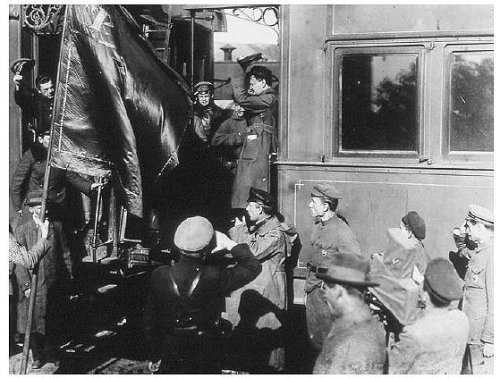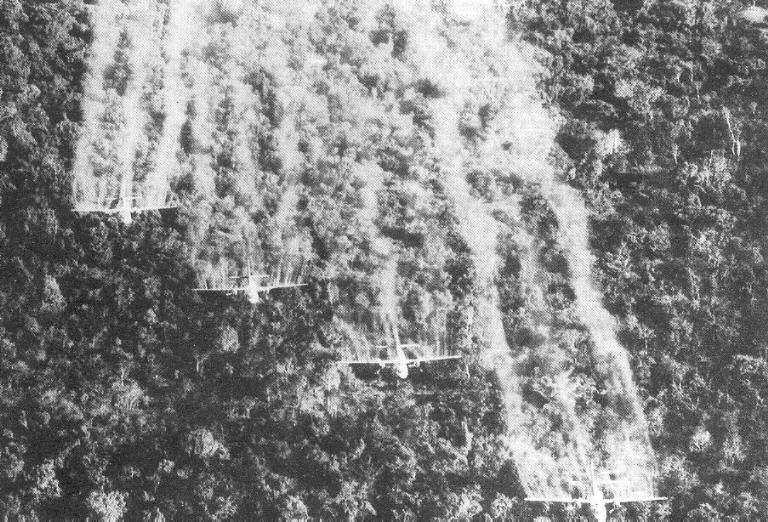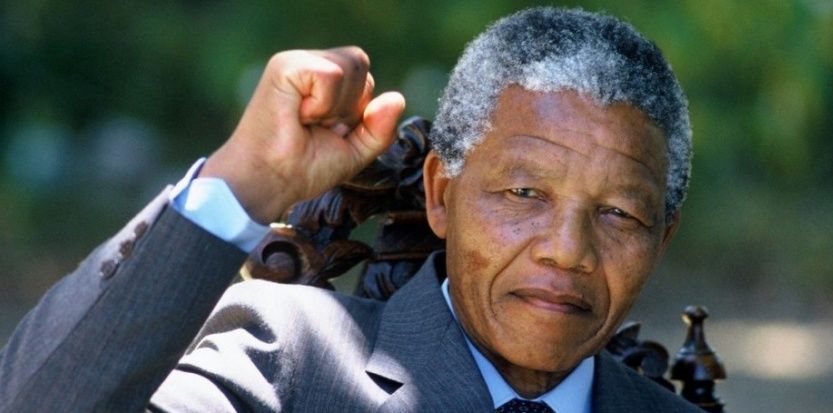Egypt's revolution deepens in the face of state repression

Haitham Mohamedain (pictured above) is a prominent member of the Egyptian organisation the Revolutionary Socialists and
United States: The electoral opening for the left

Kshama Sawant.
By Jason Netek, Chicago
Leon Trotsky and revolutionary insurrection

Trotsky aboard his famous armoured train during the Civil War in Soviet Russia.
The terrible legacy of Agent Orange and dioxin

US wages chemical warfare on Vietnam.
India: Scrap Article 377, defend LGBTI/queer rights through mass movements

The Supreme Court verdict that the colonial era Article 377 criminalising alternative sexualities is constitutional has resulted in mass protests by the LGBT community and
'I am no messiah': Mandela and the dangers of deification

'Farewell to an icon', by Zapiro.
Thailand: There is no 'crisis of succession'

Ordinary Red Shirts struggle for democracy, dignity and social justice, while Thaksin and his political allies wage a very different campaign to regai
CIA and Mandela: Can the truth be told now?; Mandela and misremembering history
"One of Our Greatest Coups": The CIA & the Capture of Nelson Mandela, Democracy Now! on December 13, 2013, spoke to journalist
Venezuela: Chavistas celebrate important victory in municipal elections
By Ewan Robertson, Caracas

